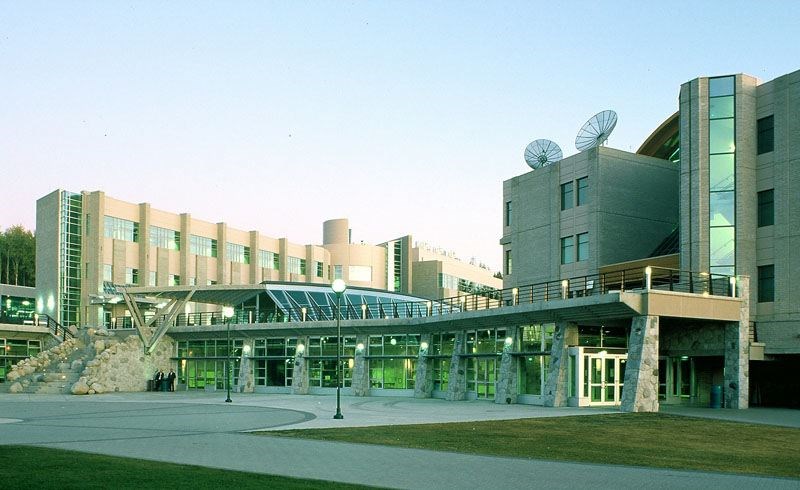Seventeen past and present research chairs have written to UNBC's administration in objection to what they call a merit-based approach to compensation.
The letter was sent last Friday to president Daniel Weeks and the university's Board of Governors, but released publicly Monday afternoon.
"We are writing because we believe that we must work together to fix the systemic problem with our pay structure," the letter said, signed by two former and 15 current chairs.
"Merit-based salary systems, with their outdated and inappropriate metrics, do not recognize the fact that a university is much more than just the sum of its people; it is about how these people work together and how the synergy of their talents, their sacrifices, and their achievements across teaching, research, and service combine to enrich the entire university, its students, and the various communities it serves."
To that, UNBC's vice president of external relations Rob van Adrichem said "compensation models that recognize excellence are the norm at research universities in B.C."
The faculty objects to the merit-based approach inherent in UNBC's most recent proposal, including Enhanced Career Development (ECD) raises to faculty who pass a peer review.
An individual could be granted a maximum of four ECD increments, valued at $400 each to be added to the base salary, but the average per faculty member would likely be two.
Van Adrichem said there are twice as many of these increments available as faculty, and would be allocated based on an individual's performance in teaching, research, and service.
"Enhanced Career Development has elements from other research universities in B.C. and is really meant to support career development," van Adrichem said in an email. "The process for allocating them would be based on a peer review within the university, with oversight of the deans and the VP Academic."
Though this metric would likely benefit the 17 research chairs, they argue that approach would harm the university.
"While we each have research chair appointments and are recognized both nationally and internationally, we collectively subscribe to the view that individual success, in the past and in the future, is truly built upon collaborations and work with our excellent faculty colleagues, students, and staff at UNBC."
Closing in on two weeks of cancelled classes, van Adrichem said the university has been working for the past week on several options for compensation.
The teams haven't met since Saturday's counterproposal from the faculty association, which UNBC said "does not represent a substantial shift."
Meanwhile the union has called the university's proposal "a rank-specific salary adjustment" of $361-761 set for the second and third years of the agreement. The association countered by saying the differential boost would have "negligible effects on salary compression and anomalies".
On Thursday, the university also offered an increase of the Career Development Increment from $1,111 to $1,200 for all faculty. The union has said that number is still less than half the CDI at other institutions.
Van Adrichem stressed both increments would be in addition to the previously tabled offer of a five year deal, which includes no wage increases the first year, one per cent the second year and 1.5 per cent the final three years



